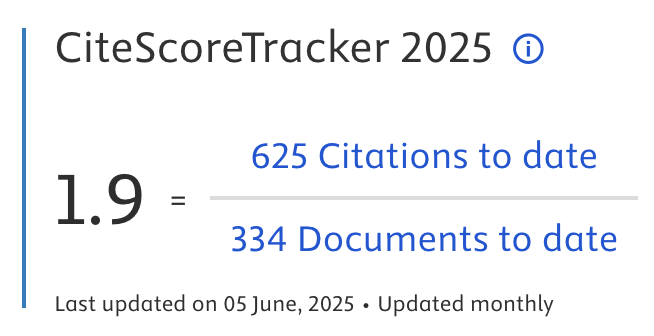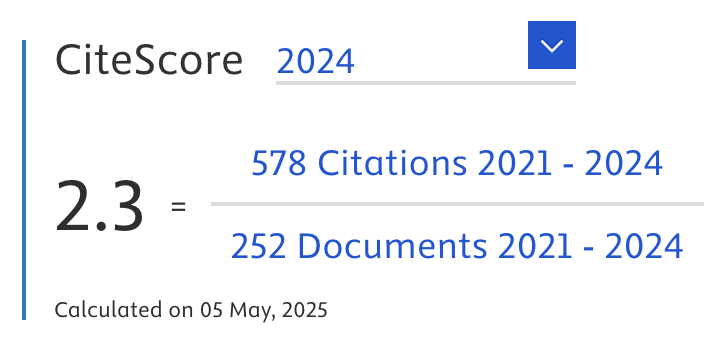Exploring The Factors Influencing the Adoption of ChatGPT in Educational Institutions: Insights from Innovation Resistance Theory
Abstract
The ability of ChatGPT to increase student interaction and personalize learning has the capacity to dramatically change educational institutions. It can help students to ask questions and receive immediate answers from their teachers, provide personalized feedback, as well as provide dynamic experiential learning. This research explores the factors affecting the intention to use ChatGPT for educational purposes, based on Innovation Resistance Theory (IRT). A structural equation modeling was used to analyze data that was gathered from 340 American learners. The results show that usage barrier construct, value barrier, risk barrier, image barrier, traditional barrier, and perceived cost barriers are negatively associated with the intention to use ChatGPT. These findings have important ramifications for ChatGPT developers, educators, and academic institutions. Educators can leverage ChatGPT's capabilities to enhance student learning experiences, facilitate personalized learning paths, and foster collaborative learning environments.
Article Metrics
Abstract: 389 Viewers PDF: 335 ViewersKeywords
Full Text:
PDFRefbacks
- There are currently no refbacks.

Journal of Applied Data Sciences
| ISSN | : | 2723-6471 (Online) |
| Organized by | : | Computer Science and Systems Information Technology, King Abdulaziz University, Kingdom of Saudi Arabia. |
| Website | : | http://bright-journal.org/JADS |
| : | taqwa@amikompurwokerto.ac.id (principal contact) | |
| support@bright-journal.org (technical issues) |
 This work is licensed under a Creative Commons Attribution-ShareAlike 4.0
This work is licensed under a Creative Commons Attribution-ShareAlike 4.0




